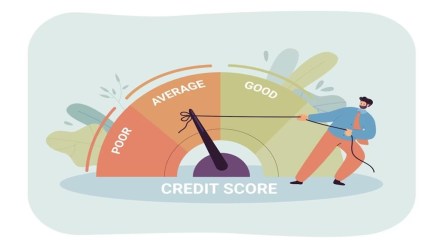When assessing one’s creditworthiness, financial institutions check credit scores. However, the term ‘credit score’ is used interchangeably with ‘CIBIL score’. It is important to understand the difference between the two. CIBIL score is a specific type of credit score. Therefore, credit score should be used as the more appropriate and general term when referring to an individual’s creditworthiness.
India’s credit ecosystem consists of four primary credit bureaus: Experian, TransUnion CIBIL, Equifax and CRIF High Mark. However, the term ‘CIBIL Score’, commonly used in articles and discussions about credit scores, is misleading. TransUnion CIBIL is just one of the licensed credit bureaus in India, and using the term ‘CIBIL Score’ can inadvertently suggest that credit scores are only provided by this single entity.
In a recent communication, Experian India, one of the credit information players in the country, has highlighted this prevalent misconception regarding the usage of ‘CIBIL score’ in place of ‘credit score’ in various news write-ups and general reports about credit scores, urging writers to differentiate between the two.
Also read: CIBIL score 700 good or bad? How to get personal loan with low credit score in India
Experian emphasizes the importance of accurately reporting credit-related information to better inform consumers about their options. Under the Credit Information Companies (Regulation) Act (CICRA), every Indian citizen is entitled to one free credit score per year from each of the four credit bureaus, the agency said and added that this regulation highlights the variety of sources available for consumers to access their credit information.
By referring to credit scores generically, articles and reports must educate their readers about multiple avenues available for them to monitor their financial health, according to Experian.
Credit score explained:
Credit score is a measure of a person’s ability to repay a loan. This means that when you take a loan, how quickly and without affecting your budget you will be able to repay it, this determines your credit score. It is based on your credit history and record. If you have a good credit score, it indicates that if you are given a loan, you will be able to repay it on time.
Also read: What are the factors affecting your CIBIL score and how can you improve it?
A credit score is a three-digit number that measures an individual’s creditworthiness, taking into account various factors such as credit history, payment history, credit utilization, and the length of credit history.
Lenders and financial institutions use this score to evaluate a person’s likelihood of repaying debt on time. Credit scores range from 300 to 900, with higher scores indicating lower credit risk. A better credit score often results in more favorable terms for loans, credit cards, and other financial products.
